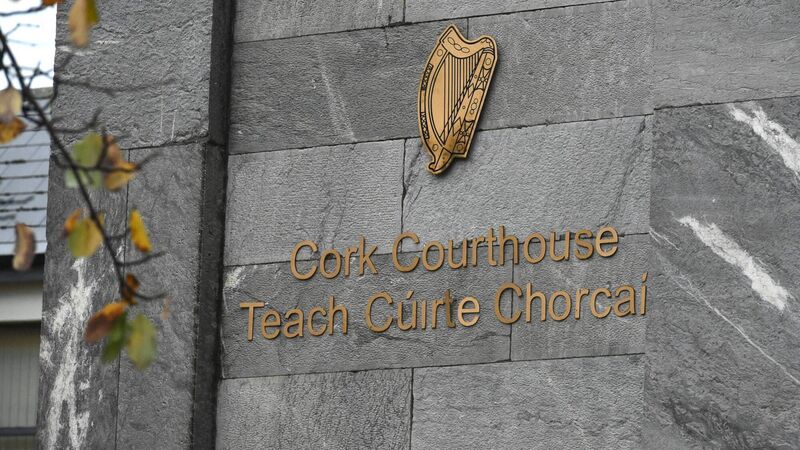Irish Examiner view: An adversarial litigation system that needs reform

The adversarial system which operates in Ireland means such cases are frequently stressful, costly, frightening, and intimidating for all parties — not to mention the fact that the lengthy timescales involved compound the various pressures on participants. Picture: Larry Cummins
















